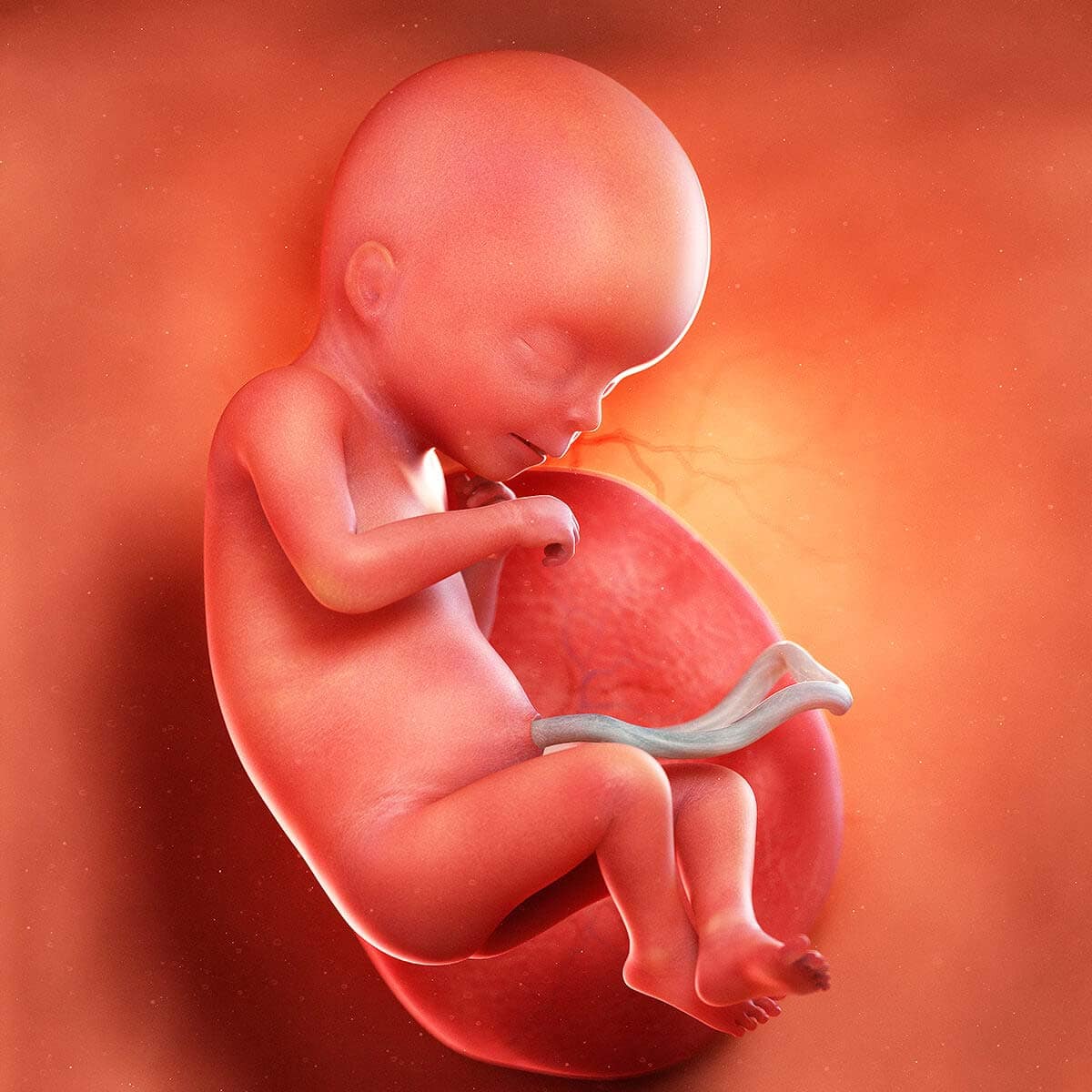Welcome to Week 18 of Your Pregnancy Journey!
Hello wonderful soon-to-be parents! Can you believe it? You’re 18 weeks into your pregnancy, and it’s such an exciting time! Your little bundle of joy is growing, and you’re probably eager to know what’s happening with your foetus at this stage. Well, buckle up for an insightful ride into the world of fetal development, and how to best care for yourself and your baby during this special time.
The Development of Your Foetus at 18 Weeks
By the time you’re 18 weeks pregnant, your foetus is about the size of a sweet bell pepper, measuring close to 5.6 inches from crown to rump and weighing approximately 6.7 ounces. It’s a period of rapid growth and exciting developmental milestones, not just for the foetus, but for you as well!
Fetal Movements
It’s getting lively in your womb! Around this time, your little one is starting to make movements that are strong enough for you to start noticing. These first movements are known as “quickening,” and can feel like a fluttering or bubbling sensation. Every baby is different, so don’t worry if you haven’t felt them just yet!
Sensory Development
Your baby’s senses are evolving! The ears are positioned on the sides of the head, and your foetus may now be able to hear your heartbeat and voice. So, go ahead, sing a little tune or read a story – your baby is all ears!
Bone Development
The bones are ossifying, which means they’re turning from cartilage into bone. This is an essential process that prepares your baby’s skeleton to be strong enough to support them outside your womb.
Changes to Expect in Your Body
As your foetus is growing, your body is undergoing incredible changes too.
Expansion of the Uterus
Your uterus is expanding, and you might start to really “show” now. This growth can lead to the infamous “baby bump,” a true sign that there’s a little one developing inside of you.
Increased Appetite
Feeling hungrier these days? That’s perfectly normal. Your body may require additional calories to support the growth of your baby, but be sure to focus on nutritious food choices.
Skin Changes
You might experience changes in your skin pigmentation, like the darkening of the areolas or the appearance of the linea nigra, a dark line that runs down the center of your belly.
Nutrition and Exercise Tips
Staying healthy is key during this stage of pregnancy, both for you and your baby. Here are some tips:
Balanced Diet
Eat a well-balanced diet rich in vitamins and minerals. Include plenty of fruits, vegetables, whole grains, and lean proteins. Don’t forget to stay hydrated by drinking plenty of water!
Regular Exercise
With your healthcare provider’s approval, continue or start an exercise routine. Moderate activities like walking or prenatal yoga can help maintain your fitness and support a healthy pregnancy.
Remember, each pregnancy is unique, and these guides are just that – guides. Always listen to your body and consult with your healthcare provider about any concerns. Stay tuned because there’s so much more to cover on this exciting journey. Keep nurturing that beautiful life within you and enjoy every moment of this incredible time!

Five Things Parents Should Know in Preparing for A Foetus at 18 Weeks
As you embark on this incredible week, here are five essential things you should be aware of to prepare for this stage in your baby’s development:
1. Understanding Fetal Anatomy at 18 Weeks
During the 18th week, your baby’s unique fingerprints are already formed, and vernix caseosa, a protective waxy coating, begins to cover their skin. Also, your foetus’s genitals are being developed, which means if you’re interested (and baby is positioned just right), you might be able to learn the sex of your baby through an ultrasound!
2. Importance of Screening Tests
Between 18 and 22 weeks, many healthcare providers recommend a detailed ultrasound to check the baby’s anatomy. This is also the time for various screenings for chromosomal abnormalities and neural tube defects, so make sure to discuss these options with your healthcare provider to ensure you’re well-informed.
3. Managing Common Symptoms
During this time, you may encounter symptoms like backaches, leg cramps, and mild swelling of the ankles and feet. Alleviate these discomforts by resting with your feet up, stretching, and ensuring you have good support from your footwear. Also, consider prenatal massage to help manage soreness and stress.
4. Emotional Well-being
The second trimester can be an emotional time as your hormones continue to fluctuate. Engage in stress-relieving activities such as prenatal meditation or support groups. It’s also a wonderful period to bond with your partner and share the excitement and anticipation of the baby’s arrival.
5. Planning and Preparations
Start thinking about your baby’s space, and, if you’re so inclined, begin to set up a nursery. Moreover, this might be the perfect time to shop for maternity wear if you haven’t already and look into childbirth classes to prepare for the big day.
Every week of your pregnancy brings new joys, challenges, and anticipations. At 18 weeks, as your baby grows and develops, take the opportunity to connect, plan, and take care of both your physical and mental health. Always reach out to your healthcare professional with any questions or concerns and enjoy the journey towards parenthood. It’s an incredibly special time, and there’s no better way to spend it than by nurturing the life that’s developing inside of you.
Additional Tips for a Healthy Pregnancy at 18 Weeks
Beyond the vital points above, remember that taking care of yourself is taking care of your baby. Healthy habits are of utmost importance right now. Here are some additional tips:
Stay Informed
Quite simply, knowledge is power. Reading books, reputable websites, or attending antenatal classes can help you feel more prepared for the coming weeks and birth.
Consider Prenatal Vitamins
Supplements like folic acid, iron, and calcium are crucial for fetal development. Consult with your healthcare provider about the right prenatal vitamins for you.
Rest and Sleep
Sleep may become more challenging as you progress, so utilize pillows for comfort and try to maintain a regular sleep schedule.
Stay Connected
Staying in touch with friends, family, and other soon-to-be parents can offer invaluable support and shared experiences.
Lastly, cherish these moments. While you’re busy preparing for the future, don’t forget to pause and enjoy the present – after all, you’re carrying a miracle!
See more great Things to Do with Kids in New Zealand here. For more information see here
Disclaimer
The articles available via our website provide general information only and we strongly urge readers to exercise caution and conduct their own thorough research and fact-checking. The information presented should not be taken as absolute truth, and, to the maximum extent permitted by law, we will not be held liable for any inaccuracies or errors in the content. It is essential for individuals to independently verify and validate the information before making any decisions or taking any actions based on the articles.




